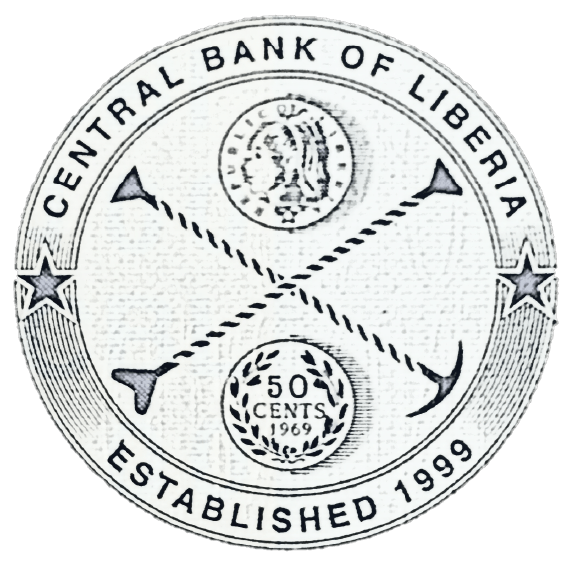
MONROVIA – 03 March 2020:The Board of Governors of the Central Bank of Liberia (CBL), during its 3 March 2020 meeting, has announced its decision to maintain the monetary policy rate of 30%. This comes nearly four months after the CBL Board had set a monetary policy rate of 30%, after transitioning from an exchange-rate-targeting monetary policy framework to an interest-rate based regime. The maintenance of the monetary policy rate at 30 percent is in response to the global economic uncertainty, especially the Coronavirus, which threatening the global economy.
Other decisions made by the CBL Board on 3 March 2020 included the continuation of the suspension of the remittance split policy, and the continued issuance of shorter tenor financial instruments (CBL Bill) at two weeks, and one and three months above the current inflation rate. The Board also resolved to continue the sensitization campaign for the CBL Bill and the use of electronic payments as alternative to cash transactions.
Global Developments
Manufacturing and trade within the global economy during the first half of 2019 weakened on account of trade policy uncertainties and geopolitical tensions. Notwithstanding, global economic growth rebounded in the second half of 2019 and that trend is projected to continue throughout 2020 and yield a 3.3% growth in global economic activity.
The Domestic Economy
The Liberian dollar gained strength against the US dollar in the fourth quarter of 2019 for the first time since 2014. Compared to the third quarter of 2019, when the exchange rate was LD204.4 to one US dollar, the Liberian dollar appreciated by 11.3% by the end of the fourth quarter of 2019.
The CBL Bill did well in the last quarter of 2019, thanks to the 30% monetary policy rate that was announced earlier in November 2019. Subscriptions for the CBL Bill rose to LD440.4 Million in quarter four of 2019, rising from LD92.6 Million in the previous quarter.
All was, however, not ‘smooth-sailing’ for the Liberian economy. Non-performing loans stood at 17.2% of all loans by the fourth quarter of 2019, representing an increase of 4.5% over the previous quarter.
Prompted by the above developments in both the global and domestic economy, the CBL Board opted to maintain its monetary policy rate and vigorously promote the CBL Bill and electronic payments systems, the very policies that engendered price stability and low inflation in quarter four of 2019, with the hope that the trend would continue throughout 2020.
